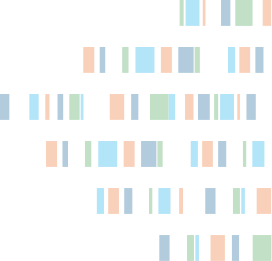Recent efforts in synthetic biology have shown the possibility of engineering distributed functions in populations of living cells, which requires the development of highly orthogonal, genetically encoded communication pathways. Cell-free transcription-translation (TXTL) reactions encapsulated in microcompartments enable prototyping of molecular communication channels and their integration into engineered genetic circuits by mimicking critical cell features, such as gene expression, cell size, and cell individuality within a community. In this review, we discuss the uses of cell-free transcription–translation reactions for the development of synthetic genetic circuits, with a special focus on the use of microcompartments supporting this reaction. We highlight several studies where molecular communication between non-living microcompartments and living cells have been successfully engineered.

Home » Cell-free microcompartmentalised transcription translation for the prototyping of synthetic communication networks (review)
Publications
Cell-free microcompartmentalised transcription translation for the prototyping of synthetic communication networks (review)
myTXTL
Daicel Arbor Biosciences
5840 Interface Dr. Suite 101,
Ann Arbor, MI 48103
1.734.998.0751Ann Arbor, MI 48103
©2024 Biodiscovery LLC
(d/b/a Daicel Arbor Biosciences)
All Rights Reserved.
(d/b/a Daicel Arbor Biosciences)
All Rights Reserved.
Design and development by Raincastle Communications.
